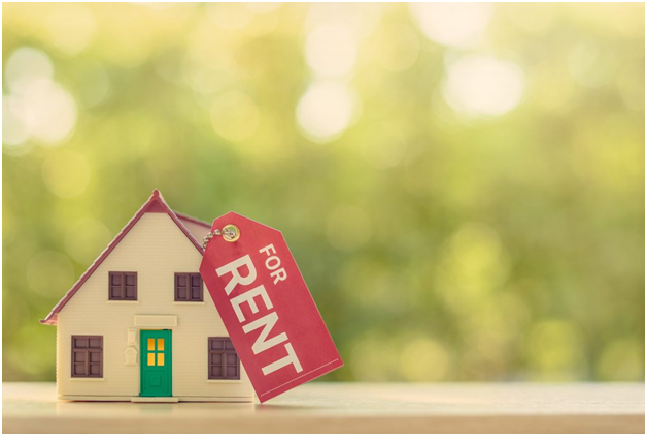
The Most Important Rental Maintenance Tips to Keep Your Property in Great Shape
Rental properties have always been cited amongst the most popular and safest investments for one simple reason – they generate passive income. You’re earning money even when you’re doing nothing. However, too many landlords take “doing nothing” part too literally and put no effort into maintenance. As a result, we get dissatisfied tenants, high moving frequency, and no clue what went wrong.
Let us take a look at a couple of tips that should help you to avoid this outcome and keep your rental property in top shape.
Schedule regular inspections
This is an absolutely necessary prerequisite for all of your latter efforts. You see, tenants are often unwilling to report minor problems until they blow up into something far more serious and harder to fix (e.g. leaky pipes). Even if they want to make timely reports, they may lack the experience to notice developing issues. So, put an end to this problem and schedule regular inspections (at least once a month). Roof, gutters, and foundations should be checked every six months.
Schedule future upgrades
Regular inspection should allow you to quickly address certain issues. However, you should not be complacent with simply reacting to problems. You know how much money your property is making. Start putting some of this money aside and plan out the future upgrades that should make the property easier to maintain and hopefully increase its market value. Think of things like replacing floors, increasing storage capacity (clutter makes maintenance and inspection much harder), and so on.
Don’t overlook the exterior
If we take a look at the things as a whole, we can see that most of the landlords are far more concerned with interior maintenance issues. However, outside problems almost always find a way inside with a vengeance. Also, you will have a hard time attracting new tenants if you do not pay attention to curb appeal. So, for a start, secure a spider lift hire from a reliable agency and take care of shrubs, hedges, and trees (old branches can damage the roof). Then, proceed to the roof, façade, and foundations.
Work with the same people
Hiring the same people to solve the same type of problems can prove to be very beneficial. First, the workers will get the opportunity to get to know the house and won’t lose time by looking for the shutoff valve. Second, by subscribing for a long-term maintenance service, you may even get some kind of discount. Of course, you are allowed to change the servicemen if you are not satisfied, but once you manage to find experienced and trained professionals, there’s no need to look further.
Set some rules for the proper use
The lifespan of various appliances and home systems can be drastically improved if they are properly used. So, find some way to incentivize the tenants to handle your property in accordance with some agreed rules. For instance:
- Preventing the buildup of refrigerator ice
- Cleaning the dishes before using the dishwasher
- Keep the water heater settings to recommended 130 degrees and regularly check the pressure.
- Use the “Auto” settings on the fan and other appliances
- Use bathroom fans during showering and 20 minutes later
- Use kitchen fans during cooking and 15 minutes after
- Shut down electrical outlets when they are not used
Think about automation
Property automation offers a lot of benefits not only in terms of functionality but maintenance as well. For instance, a smart thermostat can adapt the room temperature to the current conditions and prevent possible overheating. Smart appliances will automatically shut down after a period of inactivity and root out eventual accidents. But the thing that makes this concept truly great is the fact that any kind of emergent situation sends immediate notification and makes prompt interventions all that easier.
Split the duties
Any kind of lease agreement contains an item that says tenants have to take active participation in property maintenance. Very few of them explicitly say what these duties are. This huge gray zone leads to endless transfer of responsibilities, delays, and inefficiency – all the while the building is slowly falling apart. Don’t allow this to happen and make sure the agreement clearly states the responsibilities of the landlord, responsibilities of the tenants and the deadlines for solving common problems.
We hope these few tips will help you to successfully manage your property and keep it in top shape. Although it often ends up overlooked, maintenance is an important obligation that can greatly affect the property’s market value and tenant frequency. Leave nothing to chance and make sure to get this incredibly important part of the landlord’s job right.


